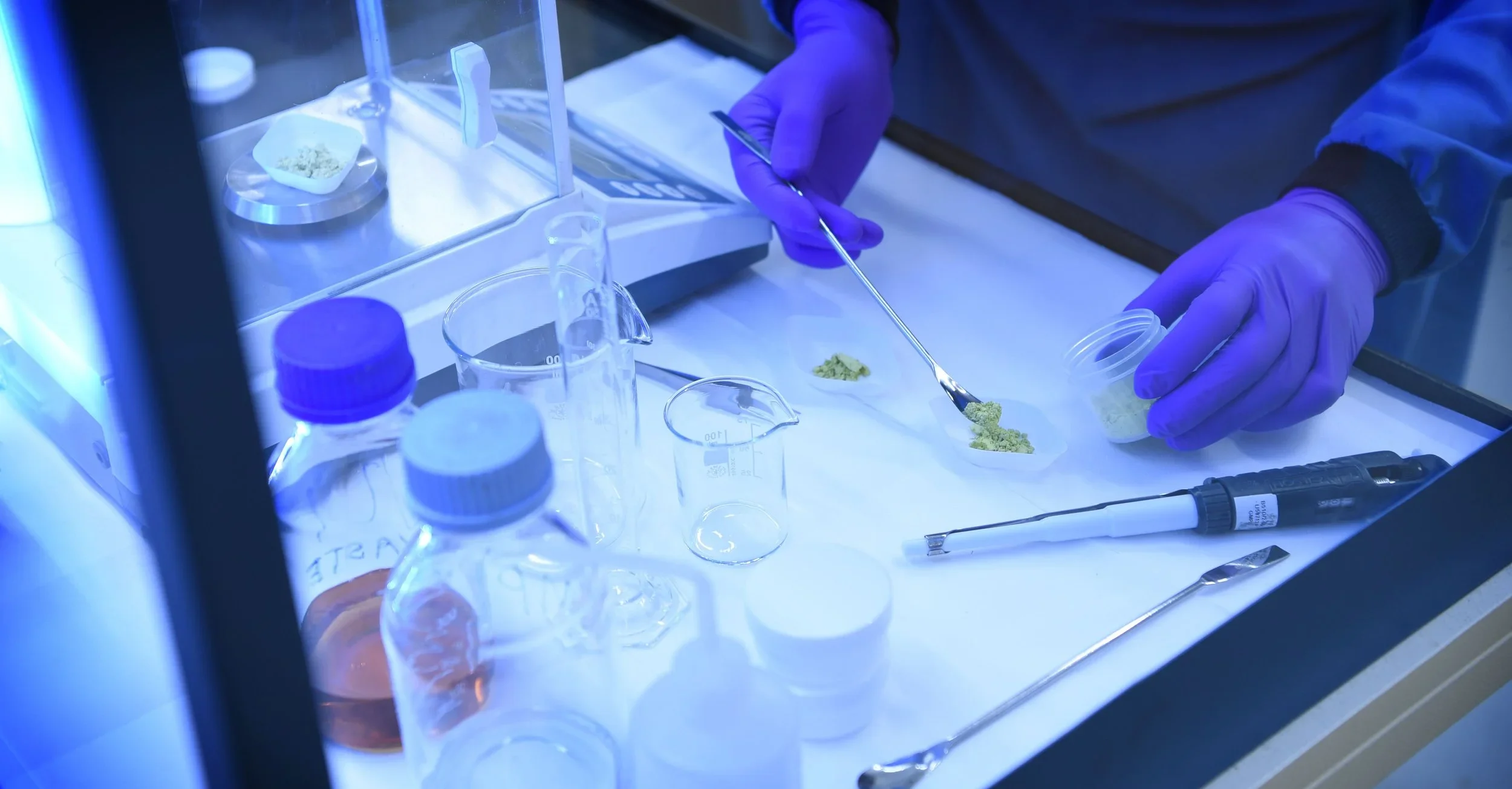How UK enterprises can win in the battery industry
Whichever way you look at it, $514bn is a huge number. It represents the amount of investment in USD required by the global battery supply chain to meet expected terawatt-hour plus demand for batteries by 2030*. This figure is predicted to increase to $920bn by 2035*. Anode production alone will need $15bn by 2030* to close the supply gap.
The requires significant investment to establish new production and manufacturing capacity. For enterprises looking to bring new technologies into the battery industry, the magnitude of CAPEX necessary to scale to a level where they can qualify as a potential supplier, let alone be selected, poses a major barrier to success. Such barriers are lowered somewhat with the availability of government co-investment, such as the U.S Inflation Reduction Act and Bipartisan Infrastructure Law. Even so, enterprises still need to ensure that CAPEX investments are effectively and efficiently deployed, and developing the right partnerships is a tried and tested way of doing so.
Though time will tell whether these investments pay off, two recent examples come to mind as sensible partnership approaches to effectively convert CAPEX investments into value. Bringing to the table their bespoke refining technology and battery-grade lithium carbonate-capable pilot plant, British Lithium will be partnering with Imerys to propel their business forward. Success for British Lithium is significant to demonstrate the UK’s ability to be plugged into the international battery supply chain. The transaction will bring together Imerys’ expertise in mining and infrastructure in Cornwall, research and development, and process development capabilities, as well as its lithium mineral resources – capabilities now available to British Lithium to expedite their combined success.
This is a dynamic combination of UK technological know-how and innovation uniting with the powerful resources of an international partner who can bring the skills, expertise and financial support necessary to turn opportunity into commercial success. Along the journey of proving their technology and attractiveness to Imerys, British Lithium were supported by a range of UK government grants including Innovate UK and the Automotive Transformation Fund[i]. The model adopted here might well point to one way for high-tech UK enterprises to carve out a meaningful role in the global battery supply chain, and to do so quickly.
In another example, the $5.2bn investment by Tata Sons for a UK gigafactory under its subsidiary, Agratas. Though details are light on the level of government support received (described as “large” but without directly reaching £1bn GBP[ii] ), the approach sees Tata Sons investment into a gigafactory with all but committed orders from Tata Motors’ UK subsidiary, JLR. It comes after JLR announced that it would source its future EV batteries from Agratas, which had previously announced gigafactories in India. Committing to large CAPEX investments on the promise of downstream capacity offtake is a lower-risk and effective approach.
At Echion, we have followed a similar approach to British Lithium, building our partnership with our upstream supply chain. To establish confidence in the availability of our XNO® anode material, which introduces the element niobium (Nb) as an anode to the battery industry, Echion needs to assure customers of a secure supply chain. To achieve this, we have developed a strong relationship over many years with Brazilian materials supplier and processor, CBMM. That alliance has been a key part of our recent success. CBMM is the world’s largest supplier of niobium and is a minority shareholder in Echion. Their commitment to both developing niobium as a battery material, and to Echion, is demonstrated by the building of a production facility in Brazil that will ensure that Echion can supply its niobium-based anode material, XNO®, at the scale and consistent quality demanded by gigafactory customers. This facility will be in production early in 2024, and the partnership has already completed technology transfer and scale up trials.
The demand from the world for decarbonisation technologies is both considerable and seemingly enduring. The UK will have a role to play in meeting that demand. What form that takes will depend on the routes to growth taken by individual companies, the levels of investment required, and the different business and partnership models. There is no doubt that for the immediate future, UK companies and the UK battery sector will have to work with others to maximise its opportunities. By playing to our strengths in R&D innovation and partnering to scale, or to secure first customer demand, the shining lights in the sector, including Echion, will help the UK to be a differentiated, but serious link in the global supply chain.
*Figures from Benchmark Minerals: Financing the battery arms race: the $514 billion cost of bridging the global EV supply chain divide | Benchmark Source (benchmarkminerals.com)
[i] https://www.bbc.co.uk/news/uk-england-cornwall-66051126
[ii] https://insideevs.com/news/677750/jlr-parent-company-build-40-gwh-battery-cell-gigafactory-uk/

